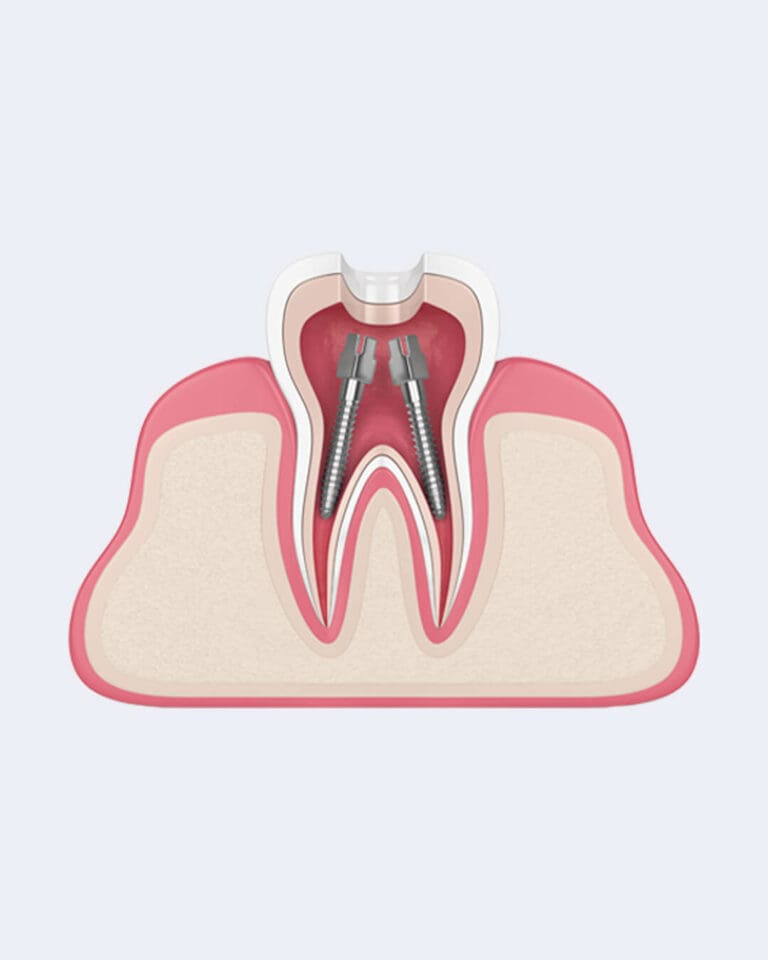Root Canal
Root canal treatment (endodontics) is a dental procedure used to treat infection at the centre of a tooth.
Root canal treatment is not painful and can save a tooth that might otherwise have to be removed completely.
Why It’s Needed
The infection at the centre of a tooth (the root canal) is caused by bacteria that live in the mouth and invade the tooth.
This can happen after:
- tooth decay
- leaky fillings
- damage to teeth as a result of trauma, such as a fall
The Procedure
To treat the infection in the root canal, the bacteria need to be removed. This can be done by either: removing the bacteria from the root canal system (root canal treatment) removing the tooth (extraction) But removing the tooth is not usually recommended as it’s better to keep as many of your natural teeth as possible.
Before having root canal treatment, you’ll usually be given a local anaesthetic. This means the procedure should be painless and no more unpleasant than having a filling. After the bacteria have been removed, the root canal is filled and the tooth sealed with a filling or crown.
In most cases the inflamed tissue near the tooth will heal naturally. Root canal treatment is usually successful. In about 9 out of 10 cases a tooth can survive for up to 10 years after root canal treatment.


